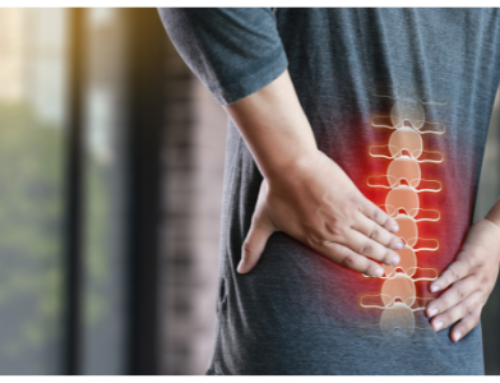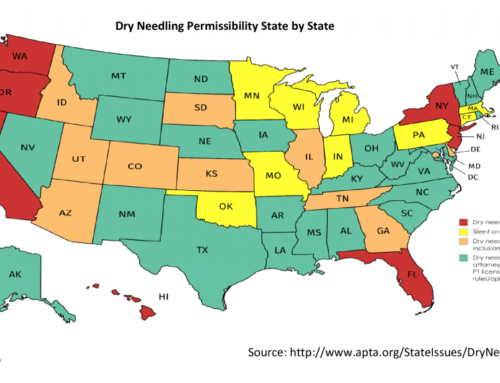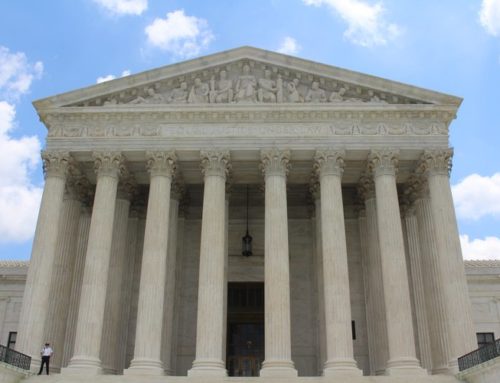
In my last blog I let you know that 80% of Americans will have low back pain at some point in their life. Although there can be many causes of low back pain, I’m sure in your medical legal career you have had clients with lumbar disc injuries. Let’s talk just for a minute about the terms you may hear when working with your clients.
The healthy lumbar disc is a beautiful work of art! When intact, the healthy disc is made up of cartilage which sits in between two vertebrae. This cartilage helps to provide stability and shock absorption in the low back. Anatomically the disc is made up of a center part called the nucleus pulposus. Surrounding the nucleus is 10-12 rings of collagen called the annulus fibrosus.
So far this makes perfectly good sense! The confusion can set in when people start using different terms to describe their disc injury. But before we go further, you must understand that pain does not always occur with disc pathology. In fact, a research study by Bono, Wisneski, and Garfin showed that more than 50% of adults without low back pain actually have a positive MRI for disc pathology. Now, let’s clear up the semantics!
The words protrusion, bulge, herniation, and prolapse all are used when describing disc injuries. They all describe, to different degrees, the weakening of the outer part of the disc. Once weakening of the outer layers of the disc occurs, pressure can be placed on the either the spinal cord, nerve roots, or both. A protruded disc, often times called a bulging disc, is less severe than a herniated disc. However, with a disc protrusion/bulge or herniation the outer part of the disc is still intact.
Once the outer layers of the disc are torn the inner part of the disc fully escapes from the confines of the disc. This type of disc pathology, called a prolapse, in the lumbar spine can cause more severe pain in the back and leg, further loss of strength in the leg, and even loss of bowel or bladder control.
If you have questions about the lumbar disc or any questions about the physical therapy standard of care when treating disc pain, please reach out to PT Expert Witness Edge at (636)578-3649. We are here for you!





